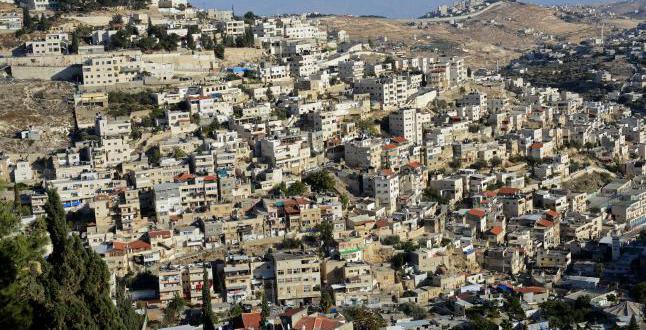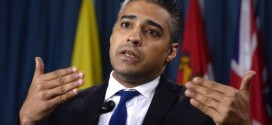
Israel approves controversial settler plans in East Jerusalem
Israel on Monday approved plans for around 500 settler homes in the occupied Palestinian territory of East Jerusalem, only a week after the Israeli government pledged to build the settlements.
The Israeli Interior Ministry gave the green flag for the new units, to be built near the already existing Ramat Shlomo settlement in east Jerusalem, the NGO Peace Now said.
“The… decision on the 500 homes in the Ramat Shlomo settlement come after Prime Minister Benjamin Netanyahu’s announcement last week that he would accelerate construction in east Jerusalem”, Hagit Ofran, a spokeswoman for Peace Now, told AFP.
On October 27th, Israeli Prime Minister’s office had promised to build over 1,000 new settlements, around 400 in Har Homa and the other 600 in Ramat Shlomo, in east Jerusalem.
“Israel is absolutely within its rights to build in Jewish neighborhoods, and Palestinians have understood that these areas will remain under Israel control under any (peace) agreement”, Netanyahu said over a week ago.
According to Ofran, the plans, which were on hold since 2006, were moved from conception to approval within in the past twelve months.
“The decision to move forward in Ramat Shlomo is irresponsible. It proves that Netanyahu does not want a two-state solution, only a settler state”, Ofran said.
Israel considers the settlements in east Jerusalem as places where it has the right to build, at odds with international law and with most of the international community. It considers East Jerusalem, including the eastern sector of the city, its undivided capital.
Last week’s announcement had enraged the Palestinians; even the United States, a traditional ally, had cautioned Israel last week over its controversial policy on settlements.
The US State Department said that it was “deeply concerned” over the settlements; last month, the White House had warned Israel that its settlement policy would “distance Israel from its closest allies”.
The EU has repeatedly criticized Israel over the settlements, saying that it blunts all efforts to accomplish a two-state solution.
 The Arab Democrat The Latest From The Arab World
The Arab Democrat The Latest From The Arab World





